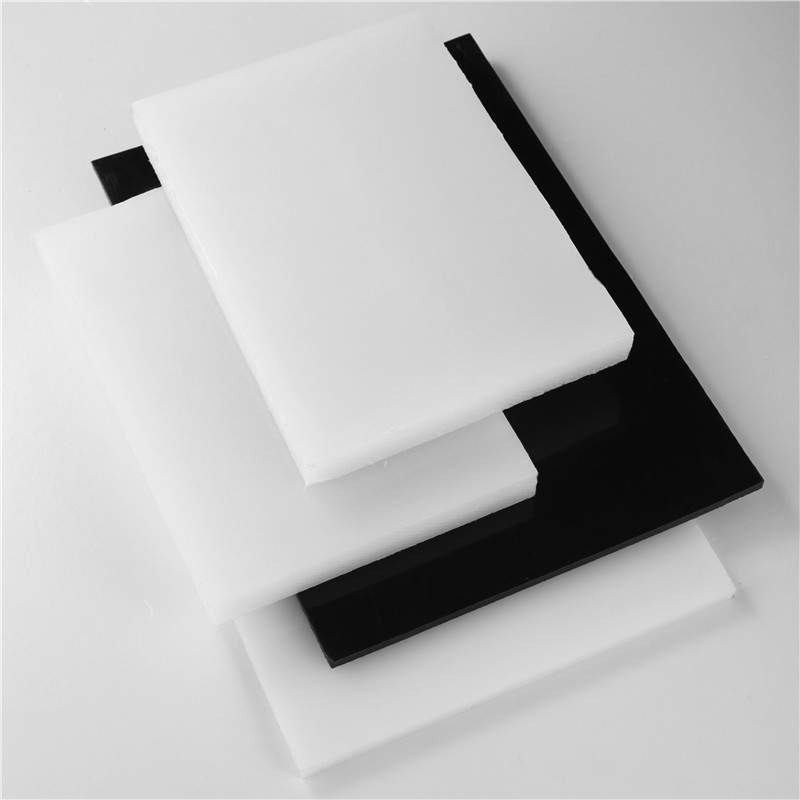Sep . 07, 2024 00:58 Back to list
High-Density Polyethylene (HDPE) Pipes and Fittings - Durable Solutions for Water Management
The Benefits and Applications of HDPE Pipes and Fittings
High-Density Polyethylene (HDPE) pipes and fittings have emerged as a leading choice for various water management and construction applications due to their exceptional properties and long lifespan. Characterized by their strong molecular structure, HDPE pipes are both lightweight and durable, making them ideal for a range of uses in sectors such as agriculture, industrial, and municipal infrastructure.
The Benefits and Applications of HDPE Pipes and Fittings
Moreover, HDPE pipes have a smooth inner surface that facilitates a high flow rate and reduces frictional losses, enhancing the efficiency of fluid transport. This efficient flow is not only beneficial for water systems but also essential for industrial applications that require the movement of chemicals and other materials.
hdpe pipes and fittings

Another notable benefit of HDPE piping systems is their flexibility. This flexibility allows for easy installation, especially in challenging terrains or in situations where ground movement is a factor. Additionally, they can be fused together using heat to create a leak-free seal, an advantage that minimizes the risk of water loss and contamination in sensitive applications.
The lightweight nature of HDPE pipes simplifies transportation and handling during installation. Unlike heavier materials, workers can manage HDPE pipes with less labor and equipment, leading to reduced installation costs and time. Furthermore, the resistance of HDPE to UV radiation also means that it can be exposed to sunlight without degrading, making it suitable for above-ground applications.
In agriculture, HDPE pipes play a crucial role in irrigation systems. Their durability and resistance to chemicals make them an excellent choice for transporting water and fertilizers, resulting in improved crop yields and sustainable farming practices. Similarly, in municipal applications, HDPE pipes are used for water distribution and sewage systems, ensuring efficient and safe transport of these vital resources.
In conclusion, the advantages of HDPE pipes and fittings—ranging from their durability, flexibility, and resistance to corrosion to their cost-effectiveness and ease of installation—make them a preferred choice for various applications. As industries continue to seek sustainable solutions for infrastructure and fluid management challenges, HDPE piping systems are positioned to play a pivotal role in building a resilient and efficient future. Whether in agriculture, construction, or municipal systems, the long-term benefits of HDPE are clear, making it an essential material in today’s infrastructure landscape.
-
High-Precision PVC Rigid Sheets for Vacuum Forming | AI-Optimized
NewsAug.05,2025
-
Durable PVC-M Water Supply Pipes | 60-Year Life
NewsAug.04,2025
-
Premium HDPE Water Supply Pipes: Durable & Leak-Proof
NewsAug.03,2025
-
Premium PVC-M Water Supply Pipe - Durable & Efficient
NewsAug.02,2025
-
HDPE Drainage & Irrigation Pipe - Durable, Efficient Solutions
NewsAug.01,2025
-
Premium PVC Transparent Pipe: Durable & Clear Solutions
NewsJul.31,2025

